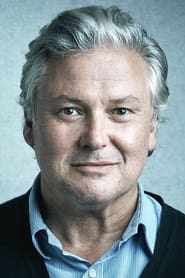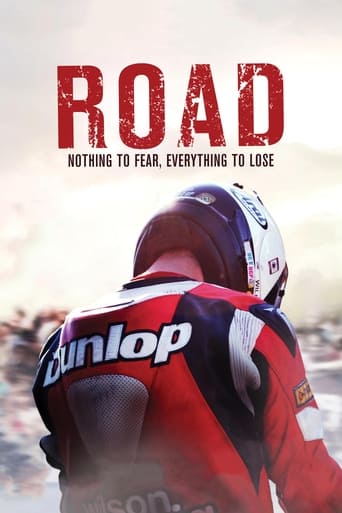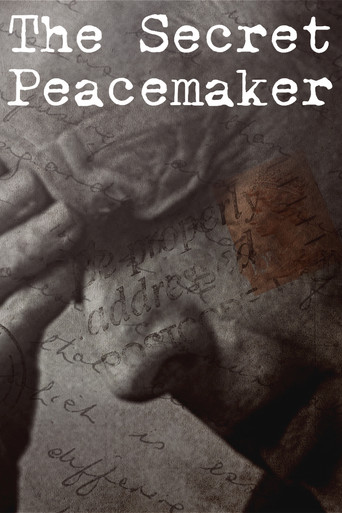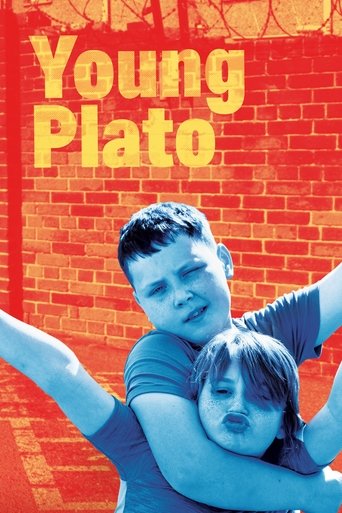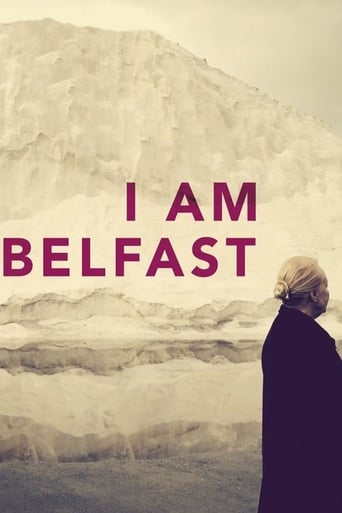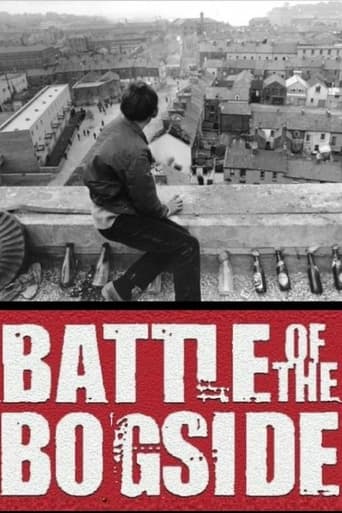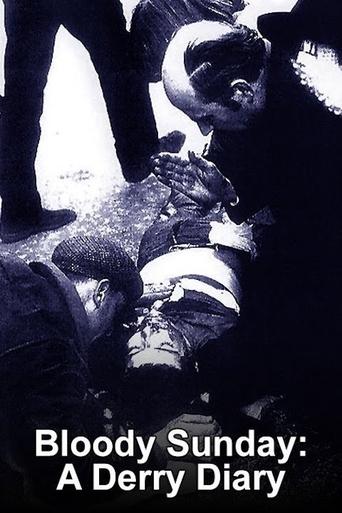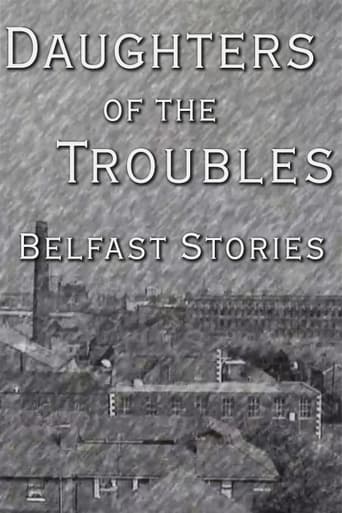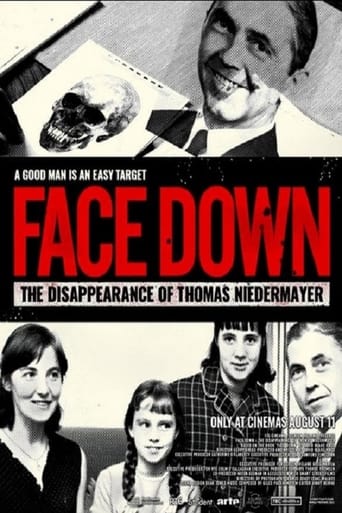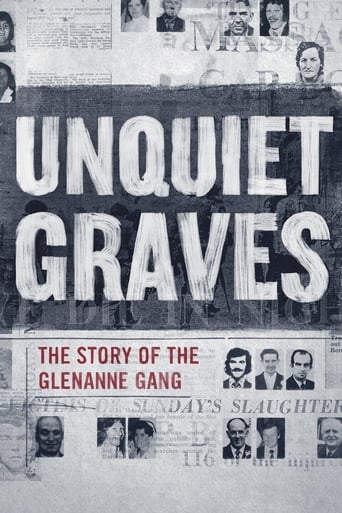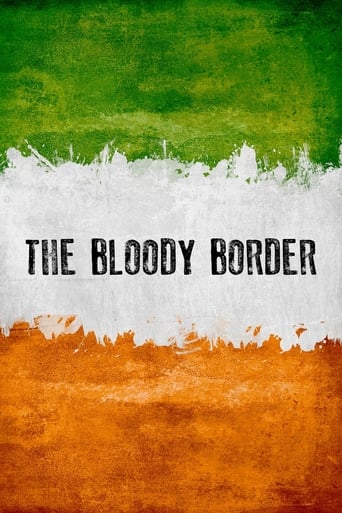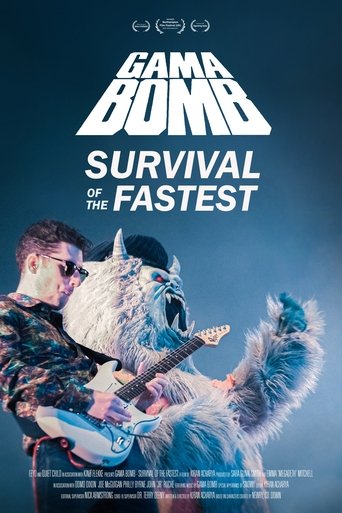
Gama Bomb: Survival of the Fastest
When they hit the Billboard charts, Gama Bomb were trapped by lockdowns, missing a drummer, and unable to tour. Survival Of The Fastest is a new Irish take on classic music documentaries like Anvil or Spinal Tap with a sweet and charming portrait of male friendship during troubled times. Capturing Gama Bomb's quest to play for 10,000 people at Hellfest – the 'Glastonbury of Metal' – Kiran Acharya’s warm and wayward film surprised cinema audiences with a smart, sincere, and absurdly funny year in the life of dear friends trying to keep the show on the road. Packed full of Gama Bomb's trademark humour and pop culture references, the film reflects on their 20-year history in the absurd worlds of punk and metal and their earliest days during the first sparks of the Peace Process in Northern Ireland.


